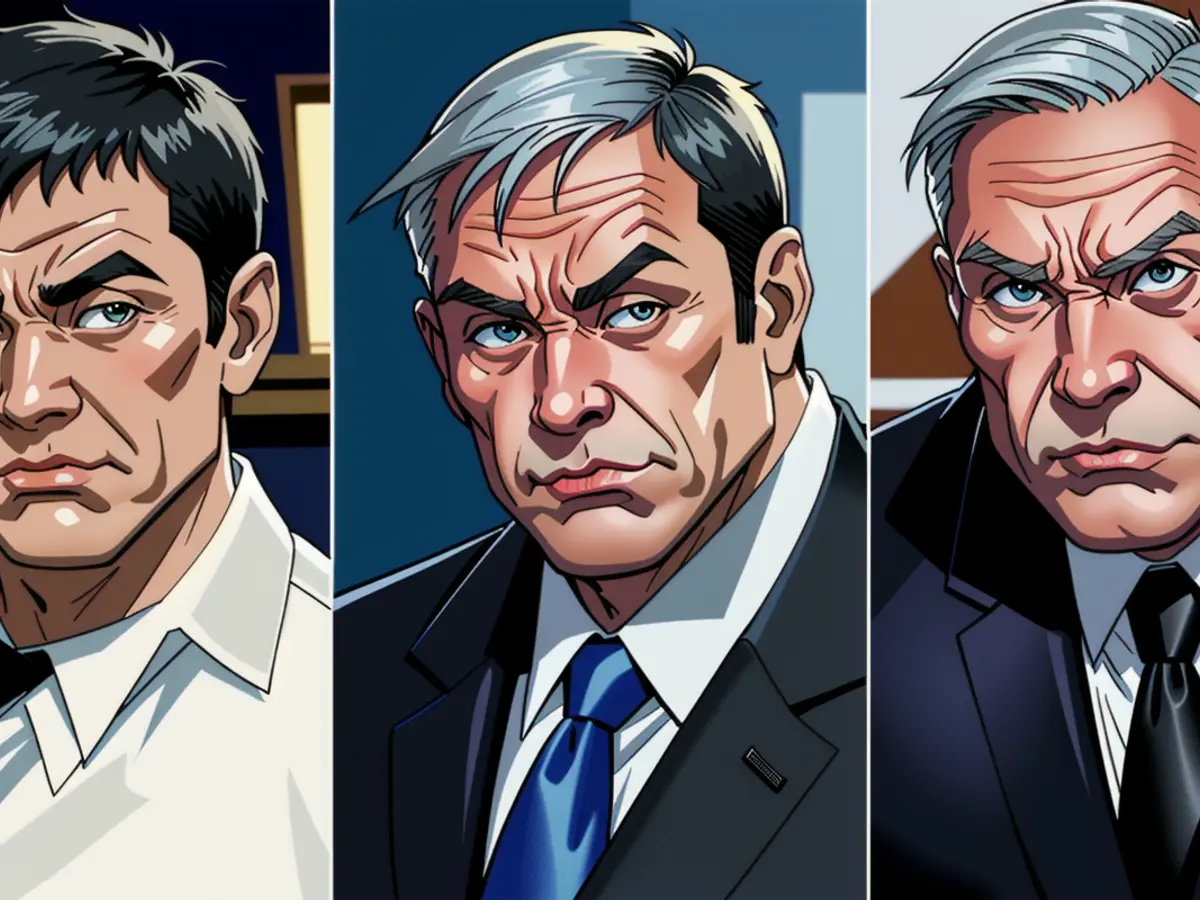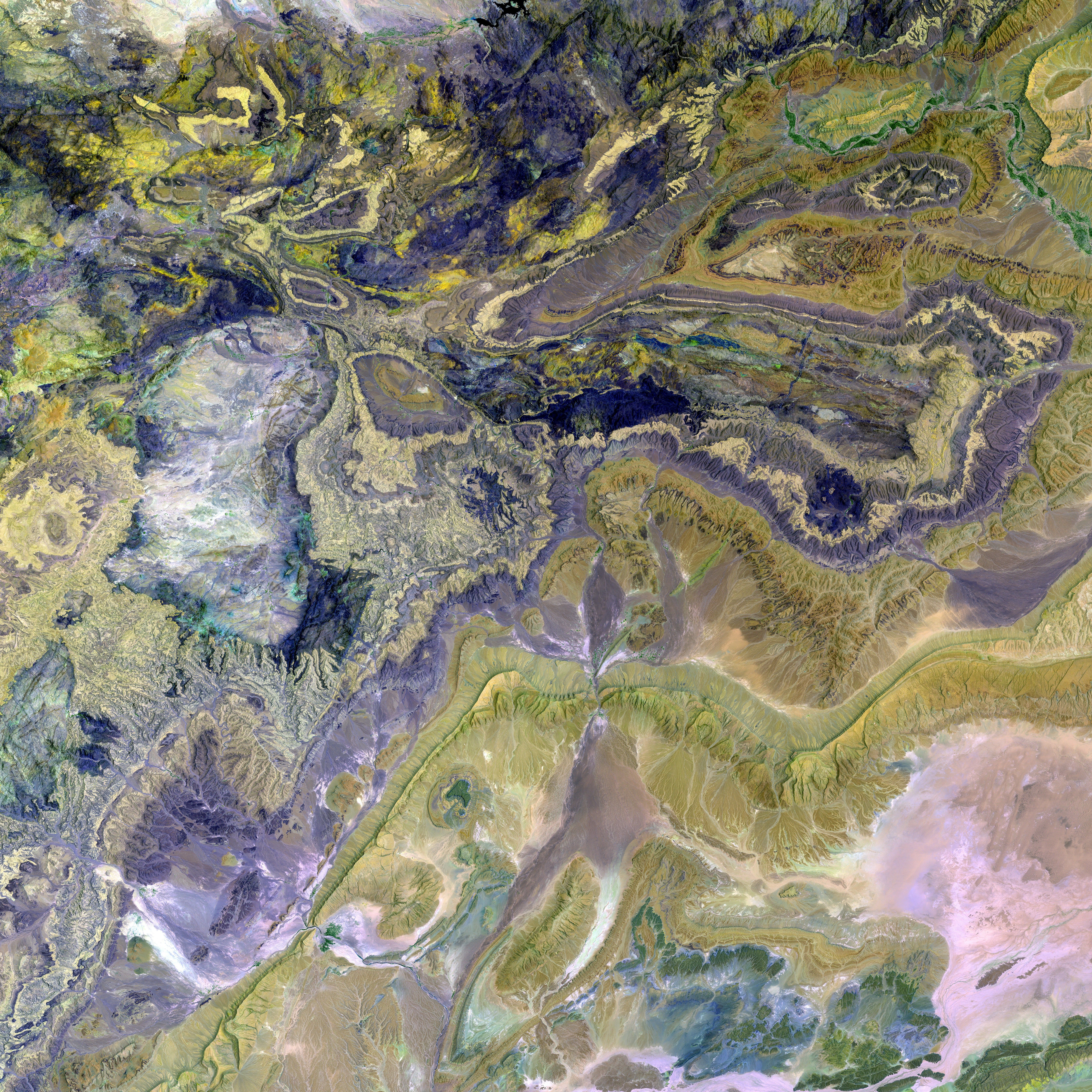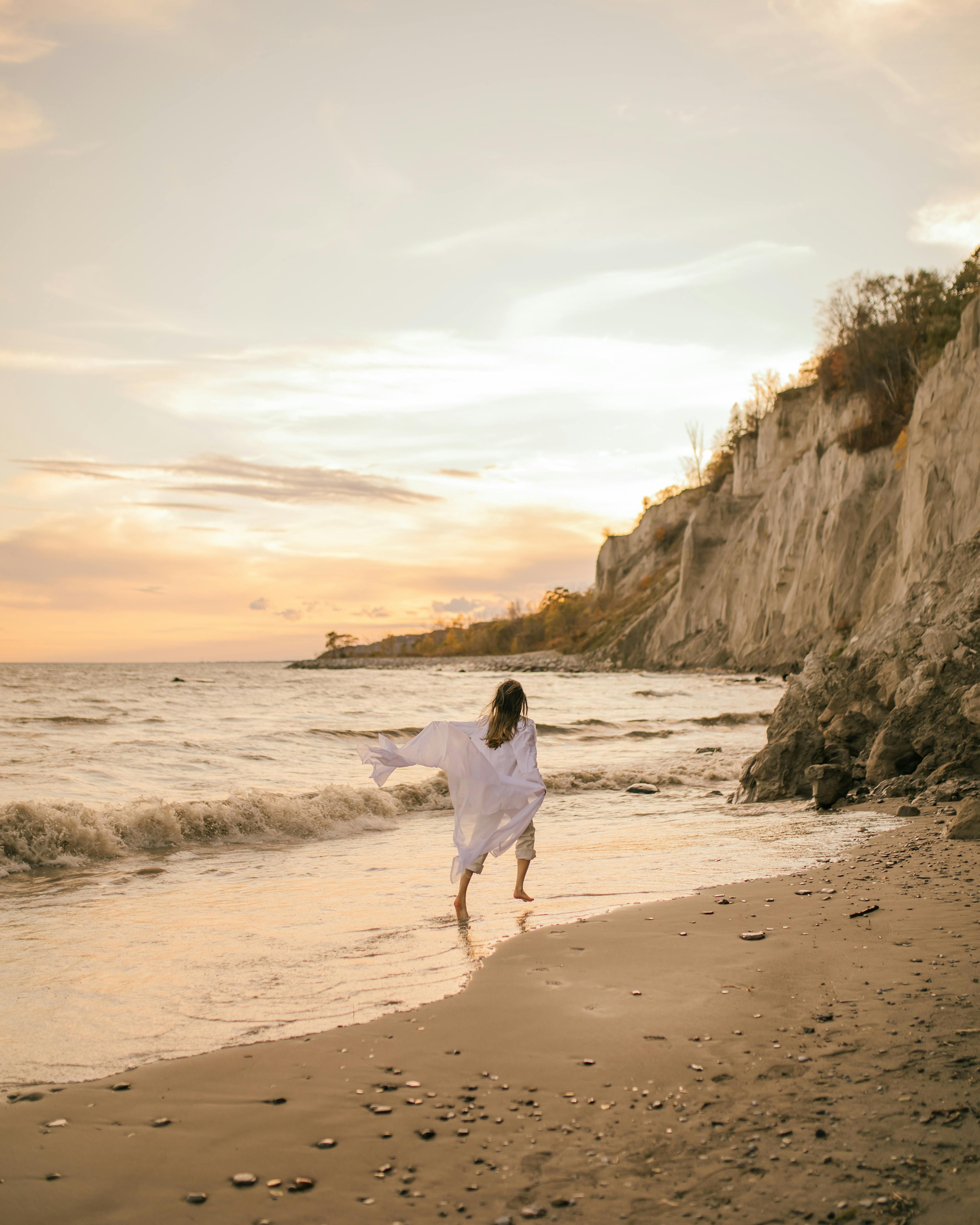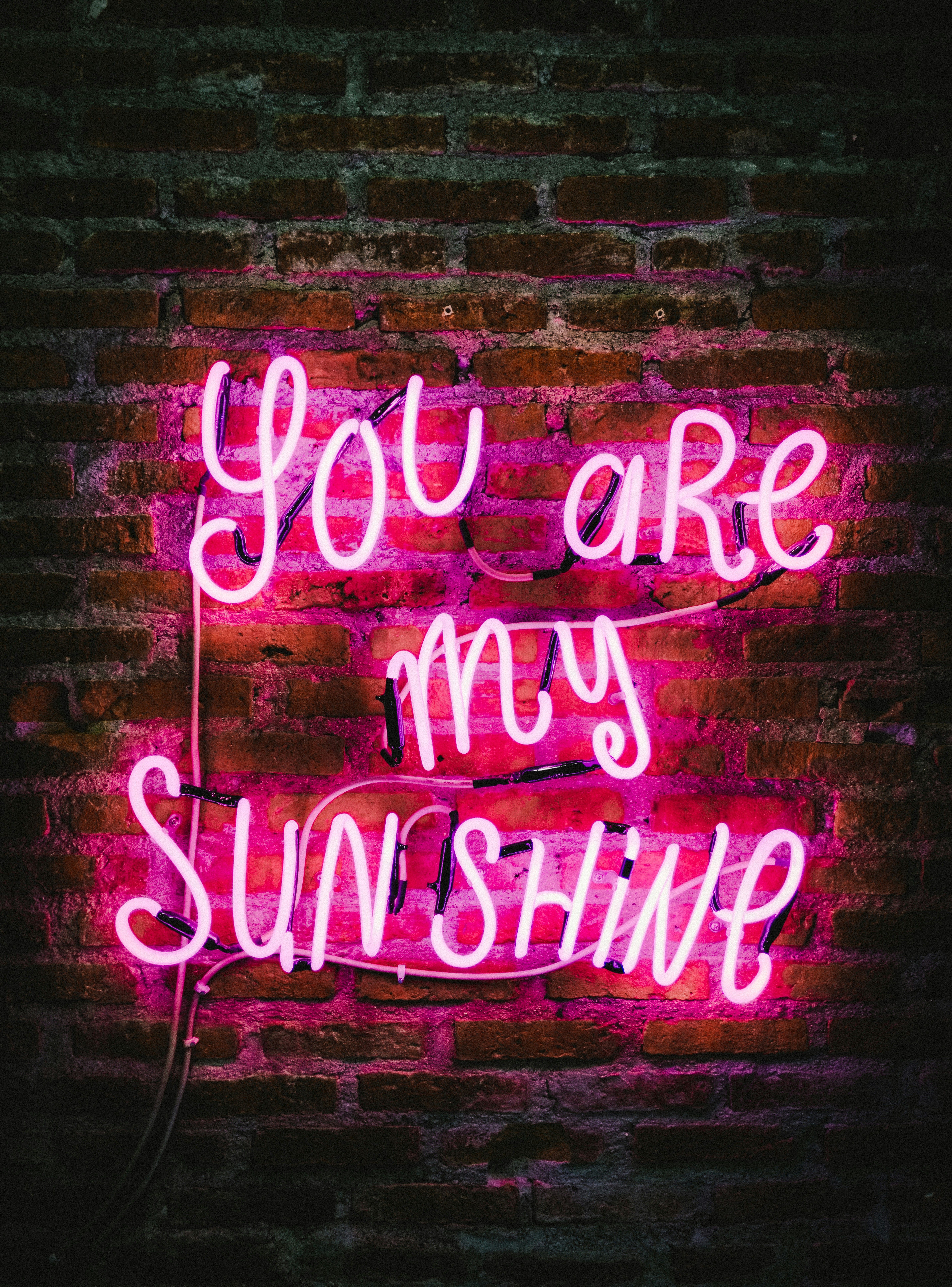ICC's Crusade Against World Leaders: A New Era of Global Justice
International heads scrutinize The Hague closely as Duterte remains detained at the International Criminal Court.
In the ever-evolving landscape of international politics and human rights, the International Criminal Court (ICC) has taken center stage as a beacon of justice. The high-stakes game of global justice is now played by powerful leaders, with the likes of Vladimir Putin, Benjamin Netanyahu, and former Philippine President Rodrigo Duterte being the latest pieces on the board. This article takes an informal and engaging look at the arrested dictators, the ICC's pursuit of high-ranking leaders, and the political chessboard upon which this epic battle unfolds.
The Fall of Rodrigo Duterte: A Precedent for Change
The dramatic arrest of Duterte, the Philippines' controversial former president, sent shockwaves resonating across the globe. Accused of crimes against humanity, Duterte found himself whisked off to the Netherlands to answer for his brutal anti-drugs crackdown. Despite years of investigations marked by on-and-off probes and taunts, Duterte's detention caught even experts off guard. His arrest opens the door to potential legal proceedings for other ICC-wanted leaders, including Putin and Netanyahu. But it's essential to remember that their trials are far from imminent; their arrests are more likely when they leave power, if political circumstances align.
Putin and the Ukraine War
With the March 2023 ICC arrest warrant for Putin and Russian official Maria Lvova-Belova over an alleged scheme to deport Ukrainian children to Russia, the heat is on for the Russian ruler like never before. The ICC cannot carry out its own arrests and instead relies on the cooperation of national governments to execute warrants. With countries like Russia, which is not a member of the ICC, the court's odds of achieving justice are heavily stacked. Putin faces the likelihood of either being handed over by Moscow or arrested outside of Russia, though the former seems highly improbable given his firm grip on power and layers of protection.
Netanyahu, Hamas, and the Gaza War
In November 2024, the ICC issued its warrant for Netanyahu, also seeking the arrest of former Israeli Defense Minister Yoav Gallant, citing allegations of war crimes and crimes against humanity during Israel's war against Hamas in Gaza. The warrants mark the first ICC summons for an Israeli leader in the more than seven-decade-long Arab-Israeli conflict, and theyreceived widespread criticism across the Israeli political spectrum. Israel, like Russia, is not a member of the ICC and has no intention of recognizing the court's jurisdiction or handing over its citizens for prosecution. Several Israeli allies, including the United States, have also been vocal in their opposition to the ICC warrants.
The Trouble with International Prosecutions
Since the ICC's inception in 2002, it has taken on numerous cases, but with a disproportionate number of African leaders, warlords, and militia members facing charges. Omar al-Bashir, former dictator of Sudan, is a notable example, currently imprisoned for charges including genocide, war crimes, and crimes against humanity in Darfur. The ICC's focus on Africa is partly due to its constitution, geopolitical considerations, and African nations granting the court jurisdiction over their crimes.
In addition, the ICC faces criticism for slow trials, low conviction rates, and poor execution of arrest warrants. From 60 arrest warrants issued, only 11 defendants have ever been convicted – all African war criminals. The arrest and trial of Duterte could pave the way for a new era of accountability, making it easier for the ICC to hold high-ranking leaders accountable for their crimes.
The ICC and the Culture of Impunity: A Long Road Ahead
The ICC's pursuit of Putin, Netanyahu, and other high-ranking leaders is an uphill battle. However, the road to justice and accountability is long and fraught with challenges, from political obstacles to diplomatic ramifications. The recent arrest of Duterte marks a significant step forward in combating the culture of impunity that has protected state leaders who commit international crimes for far too long. As history unfolds, it will be fascinating to watch the ICC continue to shake up the global political landscape, one arrest warrant at a time.
- The arrest of Rodrigo Duterte, a former Philippine president, marked a significant step forward in the International Criminal Court's (ICC) pursuit of high-ranking leaders, potentially setting a precedent for other ICC-wanted leaders, such as Putin and Netanyahu.
- In contrast to Duterte, Putin faces the likelihood of either being handed over by Moscow or arrested outside of Russia, but the former seems highly improbable due to his firm grip on power and layers of protection.
- Netanyahu, who is wanted by the ICC over allegations of war crimes and crimes against humanity during Israel's war against Hamas in Gaza, is not a member of the ICC and has no intention of recognizing the court's jurisdiction or handing over its citizens for prosecution.








